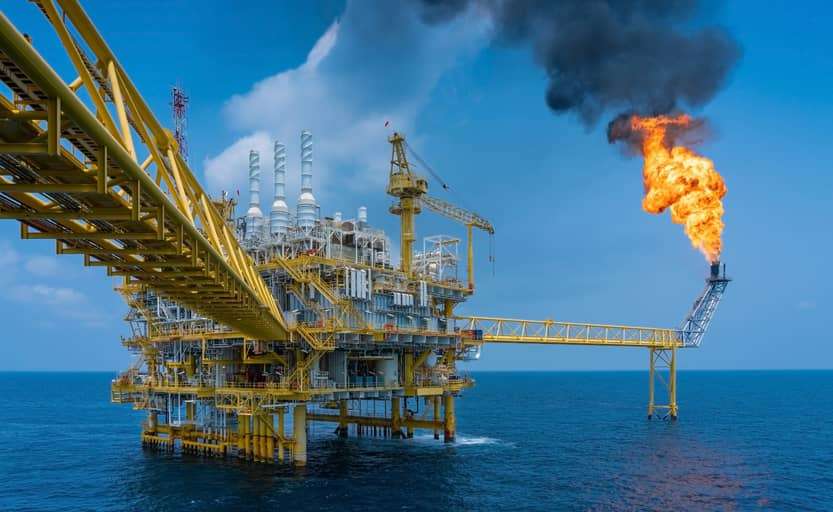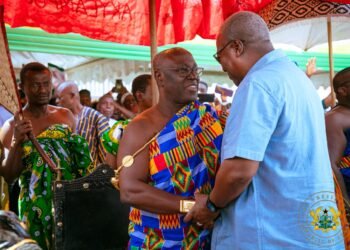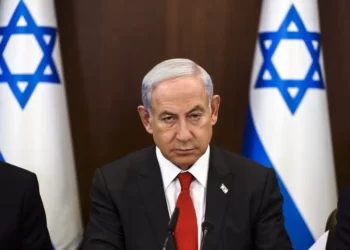Libya’s oil sector has enjoyed broad stability in 2021, under an improved security environment, however, risks to production are rising, amid delays to the country’s presidential election and ongoing legal disputes and controversies over the candidate list.
Political wrangling in the top hierarchy of the country’s oil sector has led the Libyan National Oil Corporation (NOC) to declare force majeure on exports from Zawiya and Mellitah oil terminals, resulting in the shut-in of more than 300,000b/d of output from the El Sahara, El Feel, Wafa and Hamada fields.
On December 20, 2021, production was shut in by the Petroleum Facilities Guard (PFG), reportedly in response to the decision taken by NOC Chairman Mustafa Sanalla to remove Ahmed Amnar as Chairman of Akakus Oil, which operates El Sahara.
This decision was opposed by the country’s oil minister, Mohamed Aoun, who has come into increasing conflict with Sanalla over the course of the year, attempting to suspend him from the NOC on various occasions. Meanwhile, shut-ins by the PFG have varied widely in both duration and severity.
According to Fitch, a sustained decline in production from the four fields would substantially reduce export revenues, increase reliance on imported fuels and reduce power supplies.
Furthermore, operations at the Zawiya refinery will likely be suspended in the coming days, while the General Electricity Company has already reported disruptions at the Al-Ruwais, Al-Zawiya, Al-Khums and Misrata power plants. That said, most disputes with the PFG are resolved relatively quickly, limiting the damage.
Downside Risks Ahead for Libya’s Oil Sector
Libya’s presidential elections which was scheduled to take place today, December 24, 2021, has been mired in legal disputes and controversies over the candidate list. On December 22, 2021, the election was officially postponed, with the electoral commission citing technical, judicial and security reasons.
The plausible date that elections will take place is H1 2022. In the interim, tensions will remain elevated, as candidates manoeuvre to forge alliances across a deeply fragmented and highly polarised political landscape, Fitch said.
Four leading candidates are going into the elections: Khalifa Haftar, Saif al-Islam Qaddhafi (son of disposed former leader Muammar Qaddhafi), Abdul Hamid Dbeibeh (interim Prime Minister) and Aguilah Saleh (Speaker of the House of Representatives) each of whom have very strong bases.
“While it is far too early to call for a winner, the election of someone less divisive, who can appeal to both western and eastern factions, is the most likely result, in our view.
“However, such an outcome is far from certain. The final candidate list has yet to be published and decisions over candidate approvals will provide a potential flashpoint for violence in the country. If the election result is disputed, further fighting is probable.”
Fitch Solutions
The country’s recovery in oil export revenues and current progress towards nation-building are the positives that have popped up in recent times.
That notwithstanding, oil infrastructure remains at risk, given that it is often used as leverage in political disputes. “Our current forecast is for oil production to rise by 14.5% year-on-year, to average 1.2 million b/d, but risks to the forecast are skewed to the downside.”
That said, if security can be maintained, there is scope for substantial growth in the upstream sector, given Libya’s large and underutilised resource base and the generally low cost and carbon intensity of its production, Fitch highlighted.




















